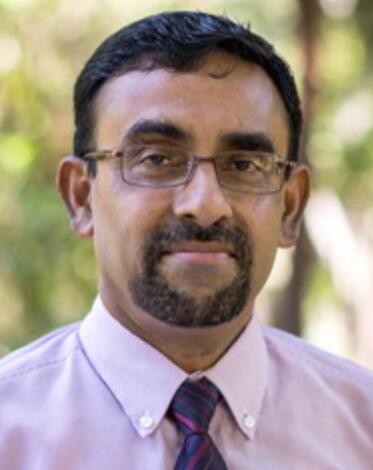Abstract— Wireless links in indoor sensor networks have distortions due to multipath fading from reflections and impulsive noise from indoor electric devices. In these harsh environments, blind correntropy equalization algorithm yields superior MSE performance compared with the constant modulus algorithm. However the correntropy algorithm has a heavy computational complexity, which is not suitable for power and cost effectiveness demanded in wireless sensor networks. In this paper, a new gradient estimation for weight updates of the correntropy algorithm in order to reduce its computational burden is proposed. For the size of the data block, N-M+1 including the number of lags M, the conventional correntropy algorithm requires (N+1)M (M+1)M/2 multiplications, whereas the proposed method of recursively estimating the gradient does only M 2 . The simulation results show that the conventional and proposed gradient estimation methods yield exactly the same estimation traces proving justification of the proposed estimation. These results indicate that the proposed method can be implemented in reliable and efficient indoor sensor networks.
Index Terms— Complexity, correntropy, impulsive noise, sensor network.
Namyong Kim and Ki-Hyeon Kwon are with the Kangwon National University, Samcheok 245-711, Republic of Korea (e-mail: namyong@kangwon.ac.kr).
[PDF]
Cite: Namyong Kim and Ki-Hyeon Kwon, " Blind Equalization Using Correntropy Algorithm for Wireless Sensor Networks," International Journal of Information and Electronics Engineering vol. 4, no. 5, pp. 389-393, 2014.


